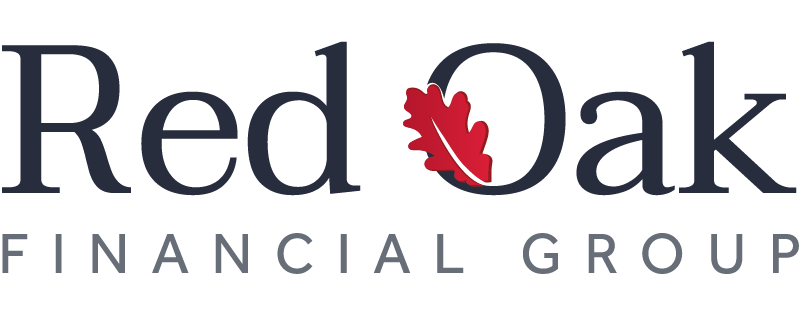How do you weigh risk and return?
How do you weigh risk and return?
First of all, if something sounds too good to be true, it probably is. The more return you seek as an investor, the more risk you are willing to accept. If the investment was easy, obvious, and a sure thing, everyone would then pile into it, thereby oversaturating itself and losing its advantage relative to other opportunities in the market. The expected return would plummet.
The important thing to understand is that there is no free lunch, even though many clients/investors might say "I want to earn 8%-10% per year, but I definitely don't want to lose money either." An ironic statement like that will assuredly lead to further probing from the advisor, but too many people view the previous statement as a rational goal.
Investing should be seen as a long term project. We had a client recently alert us of a 1% decline in their account over a month's time period, and they were not only concerned, but somewhat annoyed. At the same time, this person would like to achieve 8%-10% annual returns, and does not have liquidity needs for 5 years. There is nothing wrong with being skittish or concerned with drawdowns, but as an investor you need to understand that if you do seek average annual returns more akin to the S&P 500's 10% historical average, there will be large peaks and valleys along the way. Trying to time each peak and valley as great times to sell and buy, respectively, will likely only result in mis-timings and some taxes paid along the way. To that end, if principal protection is the primary goal for your investments, there are many low-risk and risk-free opportunities to take part in, especially in the current high interest rate environment.
If you are having trouble reconciling your expectations and investment goals, reach out to a financial advisor and have an honest conversation about what makes you nervous. Often, what people say they want is not what they can handle. It is important both for the health of your portfolio and mind that your long term goals do not outpace the potential monthly/annual volatility in your accounts, or else you put yourself at risk of making detrimental emotional decisions. #wealthmanagement #risktolerance #financegoals
Consult a financial professional for advice.
-Your friends at Red Oak Financial Group

